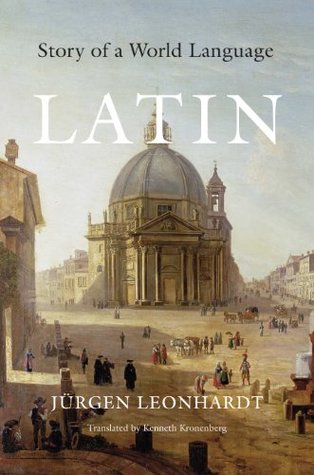More on this book
Kindle Notes & Highlights
Although we may assume that correct Latin was spoken in the Roman Senate and in official discussions between members of the upper classes and that a conversation between two day laborers would have sounded very different, we do not know how two members of the upper classes spoke in intimate conversation. Was the average educated Roman practiced enough in the classical language to speak off the cuff for hours on end, or did he retreat to his own linguistic comfort zone after barely managing a few correct Latin sentences—as often happens in Arabic today? How did a master talk to his slaves? When
...more
It is certainly true that the vernacular languages went through an astonishing development over the course of a thousand years. To convince ourselves, all we need to do is look at the differences between Anglo-Saxon, Chaucerian English, Shakespearean English, and the various Englishes spoken today. The same may be said of the evolution of German and French. We get the impression that these languages have always been “living”; their written forms simply took their cue from the state of the oral language at any particular time. But the truth is that this seeming aliveness was possible only
...more
The written European languages that we know today could have developed only within a common framework that secured written communication. And this framework was created by Latin.
Initially, the various vernacular languages were under no pressure from the need for supraregional communications; thus, it was immaterial whether the German spoken in Cologne was written differently from that spoken in Vienna. Nor was there any need for documents to be used over several centuries. Our
For every text that needed to be accessible over the centuries—the Bible, liturgical texts, legal tracts, and scientific and literary texts—continuity was ensured by Latin alone.
It was part of a multilingual system in which Latin was the fixed culture language and the other languages were relatively free to develop and evolve. Viewed linguistically, Latin essentially became Europe’s second language.
European multilingualism meant that the vernacular languages became first languages not merely because they were learned at home but also because they developed their own culture and literature.


